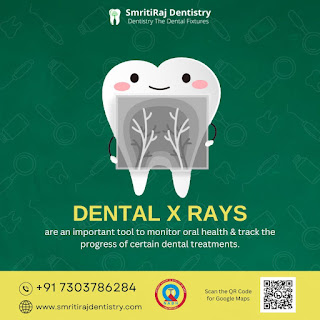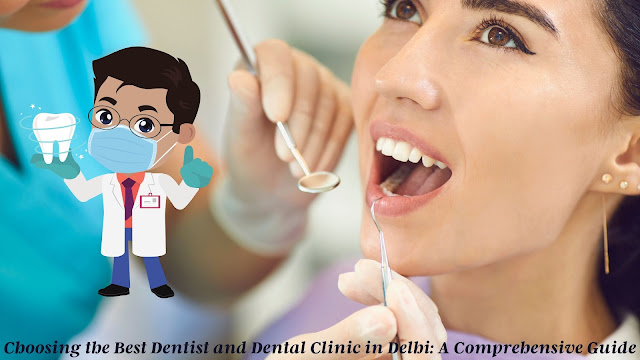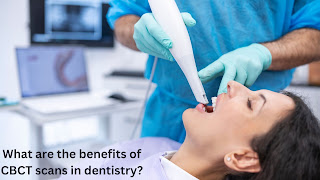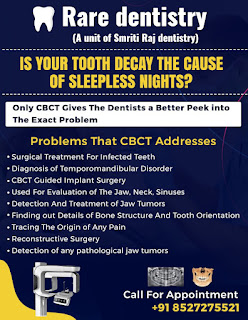How long do dental X-rays last?

Dental X-rays, also known as radiographs, play a crucial role in diagnosing and monitoring oral health. The lifespan of dental X-rays can be viewed from different perspectives, and it's essential to consider both the physical and informational aspects. 1. Physical Lifespan Dental X-rays in Delhi are typically printed on special film or captured digitally. The physical lifespan of the film is indefinite if stored properly. Digital X-rays, stored on electronic devices or in the cloud, also have a theoretically unlimited lifespan. However, it's important to ensure that the storage medium remains intact and the files are accessible over time. 2. Informational Lifespan The relevance of dental X-rays in providing diagnostic information depends on the purpose of the X-ray and the patient's oral health status. X-rays taken for routine check-ups may have a shorter informational lifespan compared to those taken for specific diagnostic purposes. 3. Frequency of X-rays The frequency...


